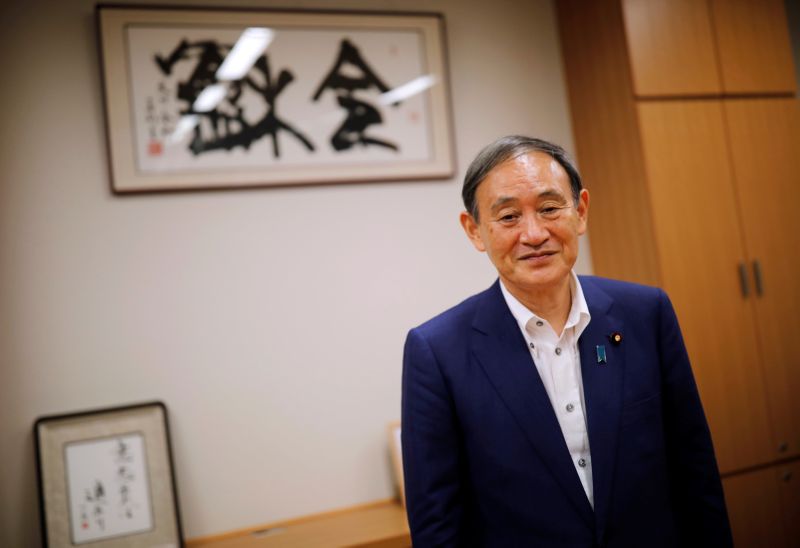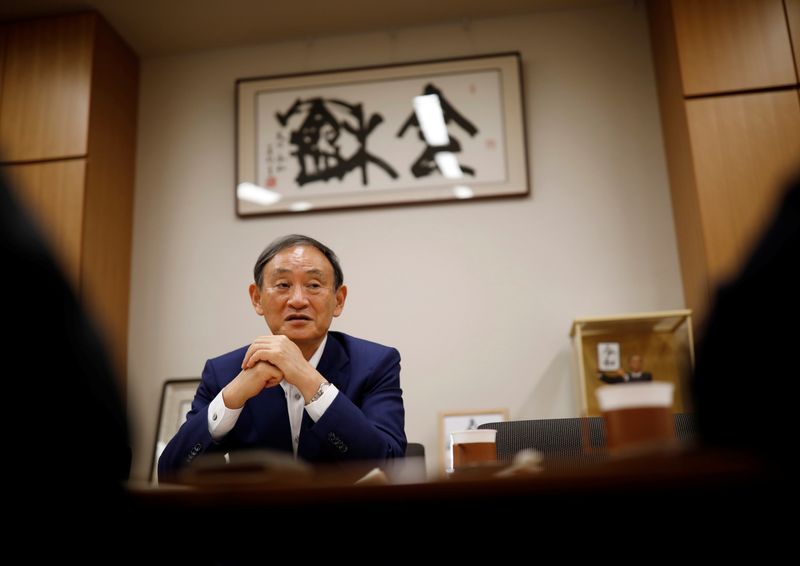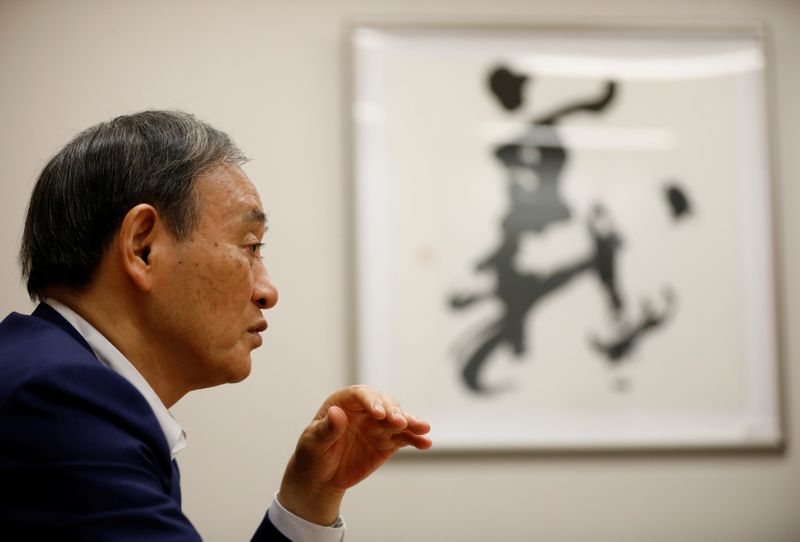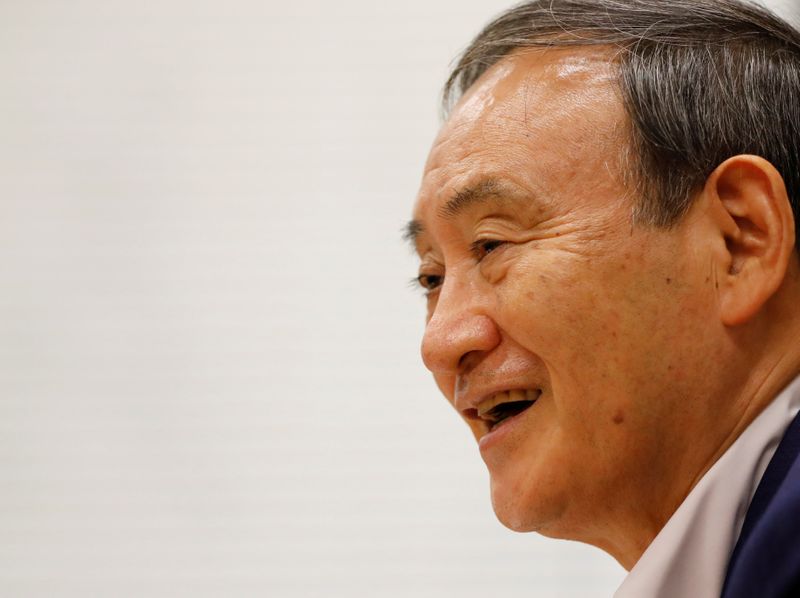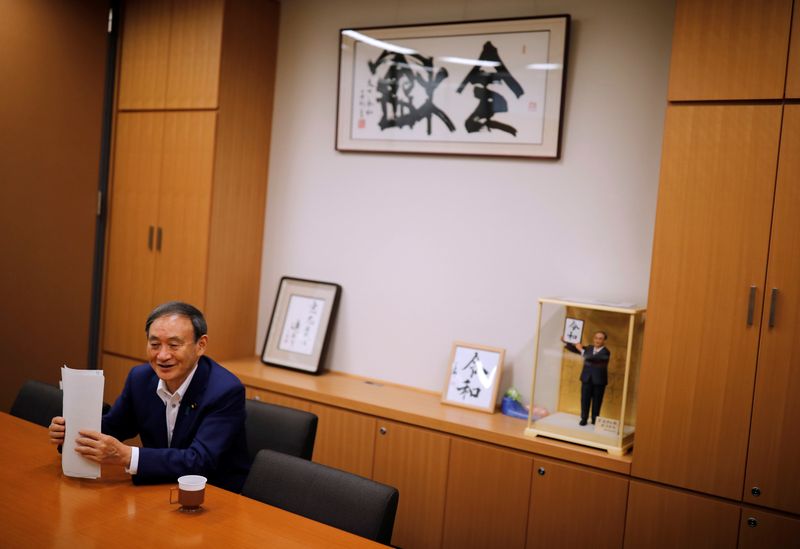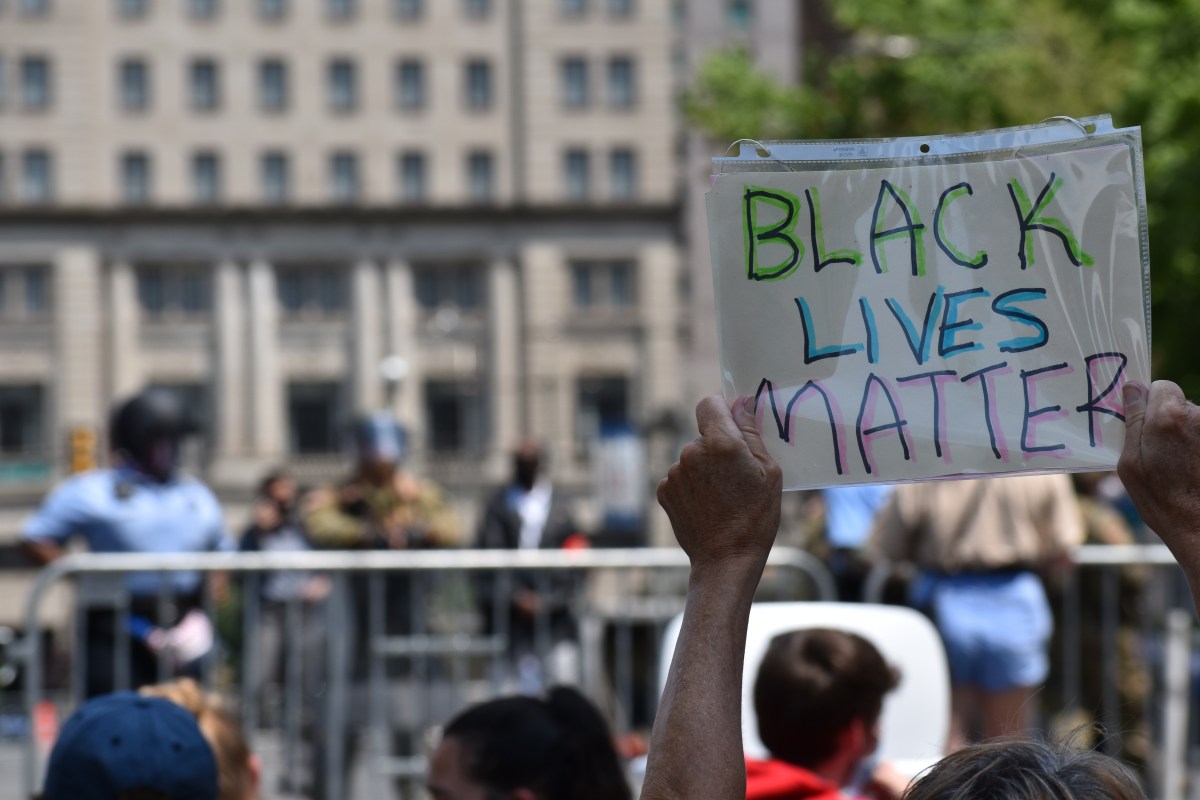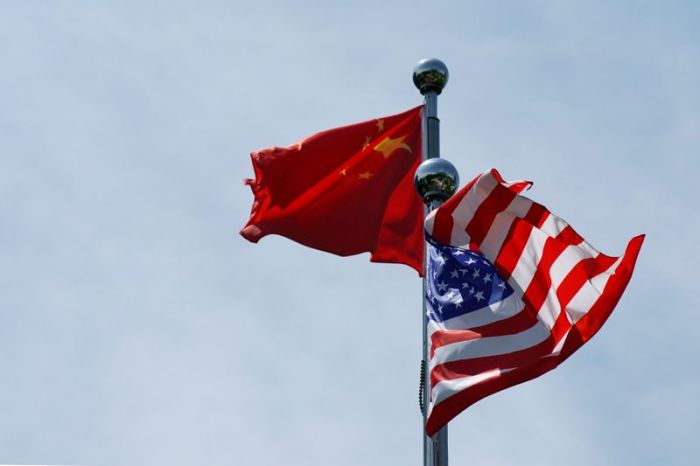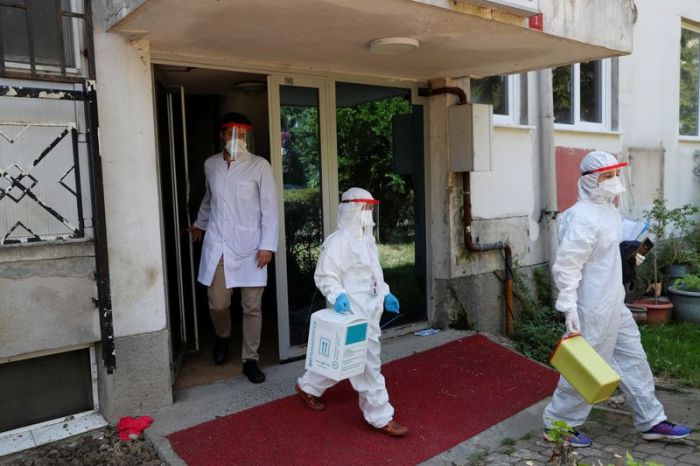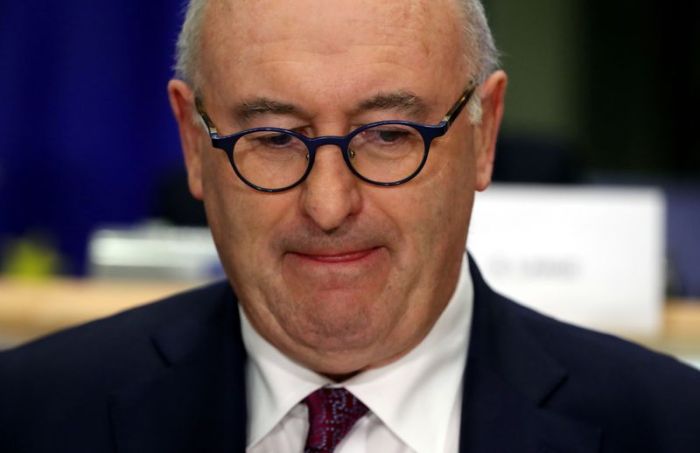TOKYO (Reuters) – Japan wants to avert another state of emergency and needs to consider more stimulus to revive the economy, the government’s top spokesman said, signalling Tokyo’s resolve to focus on re-opening businesses hammered by the coronavirus pandemic.
Chief Cabinet Secretary Yoshihide Suga also dismissed speculation that Prime Minister Shinzo Abe may step down for health reasons, saying Abe’s comments on Monday that he would continue to do his best in his job “explains it all”.
Suga – widely seen as one of the main contenders to succeed Abe – said he had no intention of pursuing the post, even if urged to do so by associates. He said he “never thought about” taking on the position.
Japan has seen a resurgence of COVID-19 infection numbers after ending nationwide state of emergency measures in late May, posing a dilemma for the government as it struggles to contain the virus without deepening the economic downturn.
“We want to avoid another state of emergency that could have a big negative impact on the economy,” Suga told Reuters on Wednesday, sending a clear message the emphasis was on spurring economic growth over tightening restrictions to contain the virus.
Promoting tourism would be among measures to help revive the economy, Suga said. “Japan will do whatever it takes to host the Tokyo Olympic Games next year,” he added.
The Games had been scheduled to take place in late July and early August this year, but were postponed to 2021 due to the pandemic.
In his position since Abe became premier more than seven years ago, Suga is now Japan’s longest serving chief cabinet secretary. He spoke to Reuters at his parliamentary office, where a large photograph of him with U.S. President Donald Trump was on display.
BOLDER ACTION
The world’s third-largest economy suffered its biggest economic slump on record in the second quarter as the pandemic hit consumption and exports, keeping policymakers under pressure to take bolder action even after deploying massive monetary and fiscal support this year.
“We need to consider what we can do to prevent the economy from falling off a cliff,” he said, when asked whether Japan may deploy another spending package to cushion the blow from the pandemic.
Suga also said it was “very important” for the Bank of Japan to work closely with the government preemptively, when asked whether any fresh spending measures should be accompanied by additional monetary easing.
He also emphasised the need for Japan’s many regional banks to consolidate, something investors have long hoped for.
A loyal lieutenant of Abe, Suga is considered a key decision-maker on economic policy. He has been seen as a leading candidates to take over from Abe, whose term as head of the ruling party, and therefore prime minister, ends next September.
Abe has been to hospital twice in the last two weeks, sparking concern about his ability to stay on as leader and heightening speculation about the possible transition of power.
“I meet the prime minister twice a day, but I don’t see any change in his health,” Suga said.
(Reporting by Takashi Umekawa and Leika Kihara; Additional reporting by Takaya Yamaguchi and David Dolan; Editing by David Dolan and Alex Richardson)

